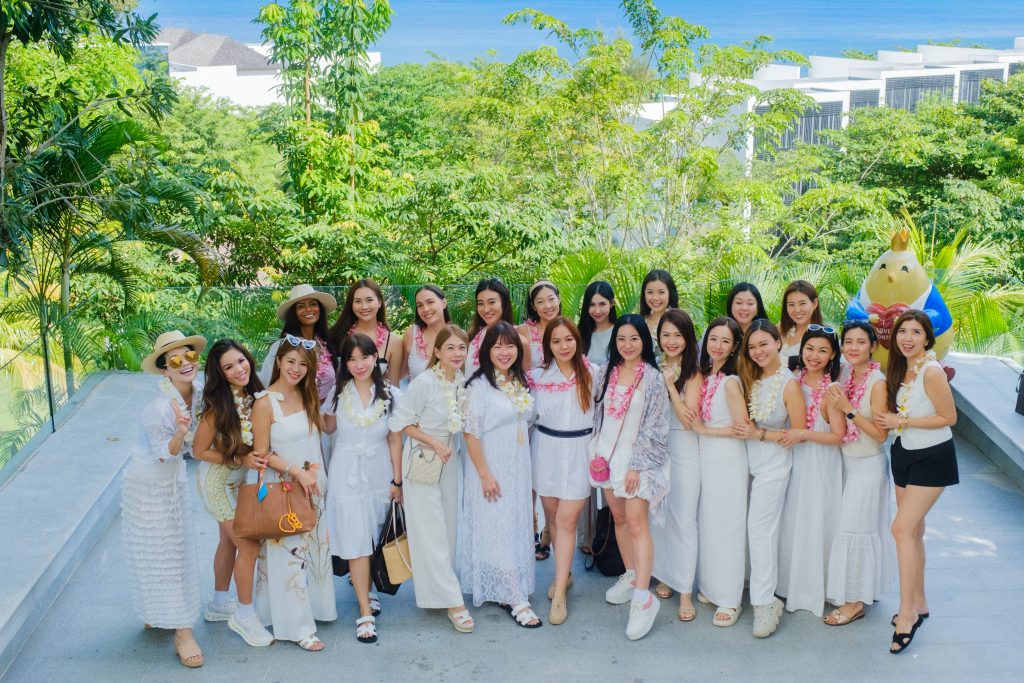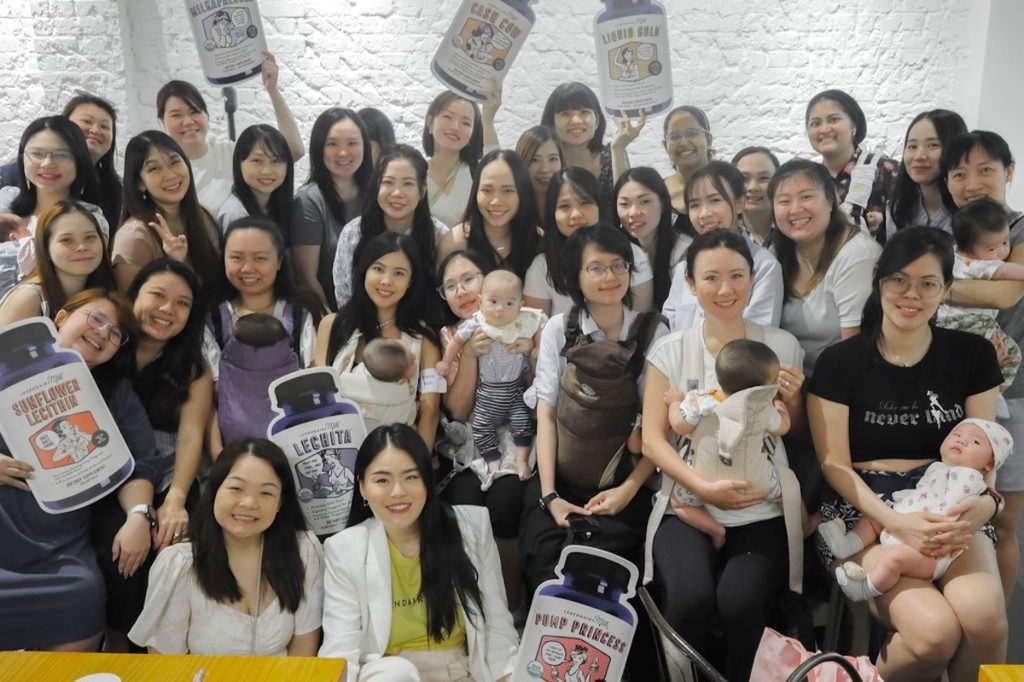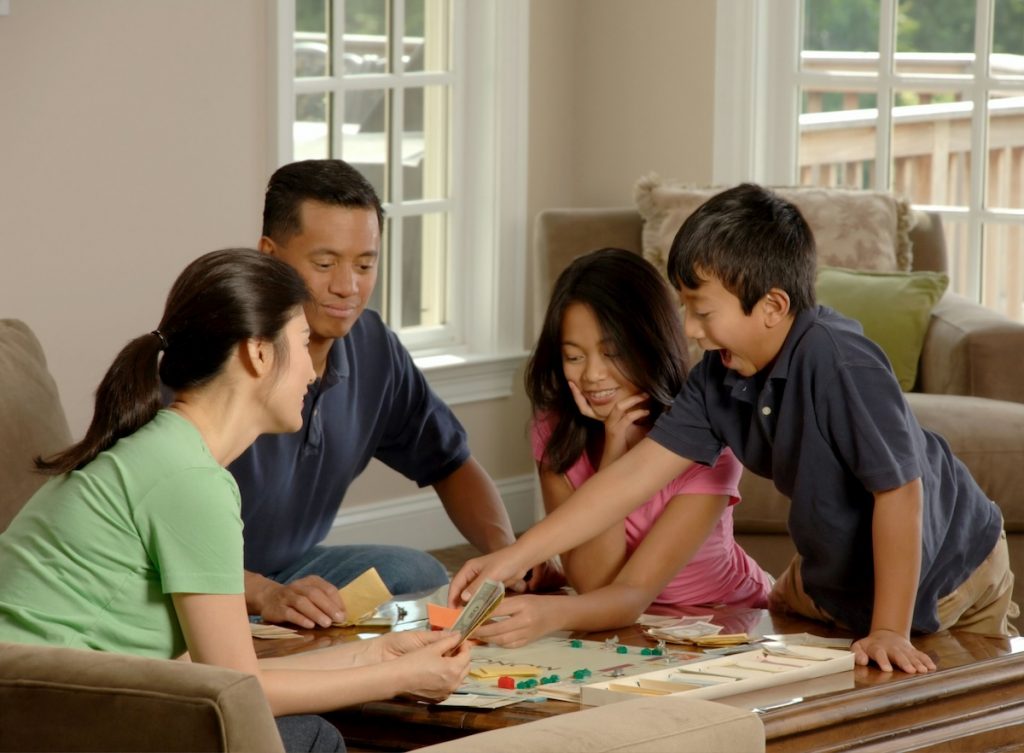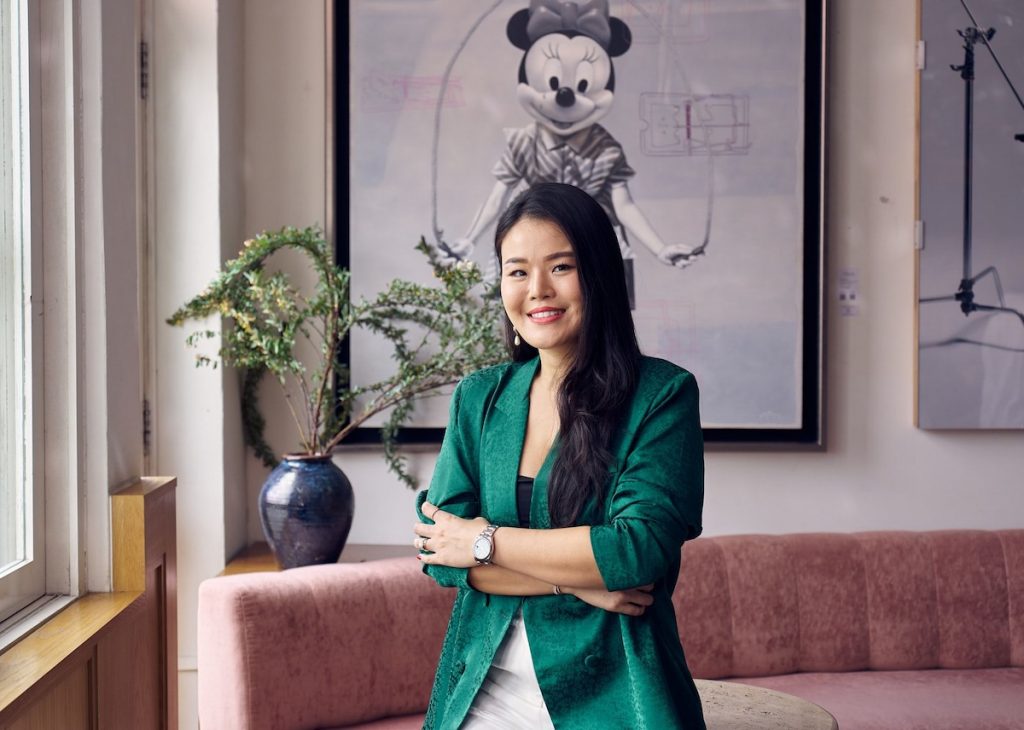By Ivan Honey
Your brand new expensive car has developed some engine problems. Do you get help from a friend who knows a few quick fix techniques, or do you go to the company who understands the engine, and knows that the engine problems are just symptoms of the underlying problem?
It’s a silly question if you think about it because after spending all that money on a car, we don’t just want a quick fix. We want to deal with the real issue! But as parents, how often do we find ourselves responding to popular opinion on how we should be raising our children? We are often told that we are either too permissive or too controlling, and we can find ourselves swinging from one extreme to the other in our attempt to get it right.
However, once we let go of the idea that we should fit in with these widespread quick fix approaches to be perfect parents, we are free to choose a more effective option. Rather than simply trying to force, ignore or make excuses for behaviour, there is a third option that focuses on shared responsibility, mutual respect and sound psychological principles. It is designed to dramatically lessen the risks of mental ill health and unhappiness for our children.
Being a parent is one of the most satisfying and the most challenging part of our lives. It requires us to get clear on who we are, and what we stand for, and what we want as we ask ourselves, ‘How do we best raise happy and responsible children?’
I often ask parents this question: ‘When your children eventually leave home, what are the key qualities you wish them to have?’ Majority of the time the answer is that it is most important that children become happy, successful, well-adjusted, resilient people with the ability to creatively manage the challenges of life. When we are clear on our goals, we can then develop an approach and strategy for helping our children learn these skills, and research clearly shows that a democratic, shared responsibility style is the most effective. This requires us to avoid the two extremes of parenting: either an over-controlling, autocratic approach or a permissive approach where anything goes.
Both of these approaches have unfortunate consequences. Over-controlling parents don’t teach their child to become independent or to learn to be responsible for themselves. They also invite rebellion as the child gets older and becomes less willing to follow everything the parent demands. Sometimes children submit, but with a defiant or sullen compliance, which may also result in the development of mental ill health, depression or anxiety. The over-controlling and punitive parent only uses the crude strategies of punishment and reward.
On the other hand, being a permissive parent that gives children everything they want means that children do not have opportunities to be responsible and learn to cope with everyday challenges. As a result, they can develop the fantasy that they can always get what they want whenever they want it, without effort. This sense of entitlement sets up the child for depression and unhappiness, as they discover that the real world does not care about their personal desires or beliefs. Like the over-controlling approach, children are not given the opportunity to learn the skills for managing challenges, learn from their mistakes or take responsibility for their choices. When we are permissive, our children are also likely to believe they are entitled, and become demanding and controlling of us, leading to resentment and further unhappiness.
A democratic approach to parenting is not the solution either. Effective parenting requires us to develop the skills of effective relationship building, negotiation, creative leadership and emotional intelligence. It is the consistent application of these skills that will enhance mental health, responsibility, wellbeing and resilience. When we model and teach our children these proven skills and mindsets, we are preparing them best for an unpredictable future where the creative and adaptive mind will thrive. When we encourage our children to be self-sufficient, and to discover and build their strengths and interests, we give them the resources to create meaningful, successful and inspired lives.
So parents it is up to you. You have the choice to raise your children with the harmful quick fix approaches, or to set them up with the skills for happiness, responsibility and resilience.
Ivan Honey is a human behaviour specialist, psychologist, author of two best-selling parenting books and founder of The Get Happier Project. He will be conducting a workshop, Get Happier Experience: Raising Positive and Empowered Kids, supported by NTUC’s SEED Institute, from 27 May to 3 June. For more information, click here.













